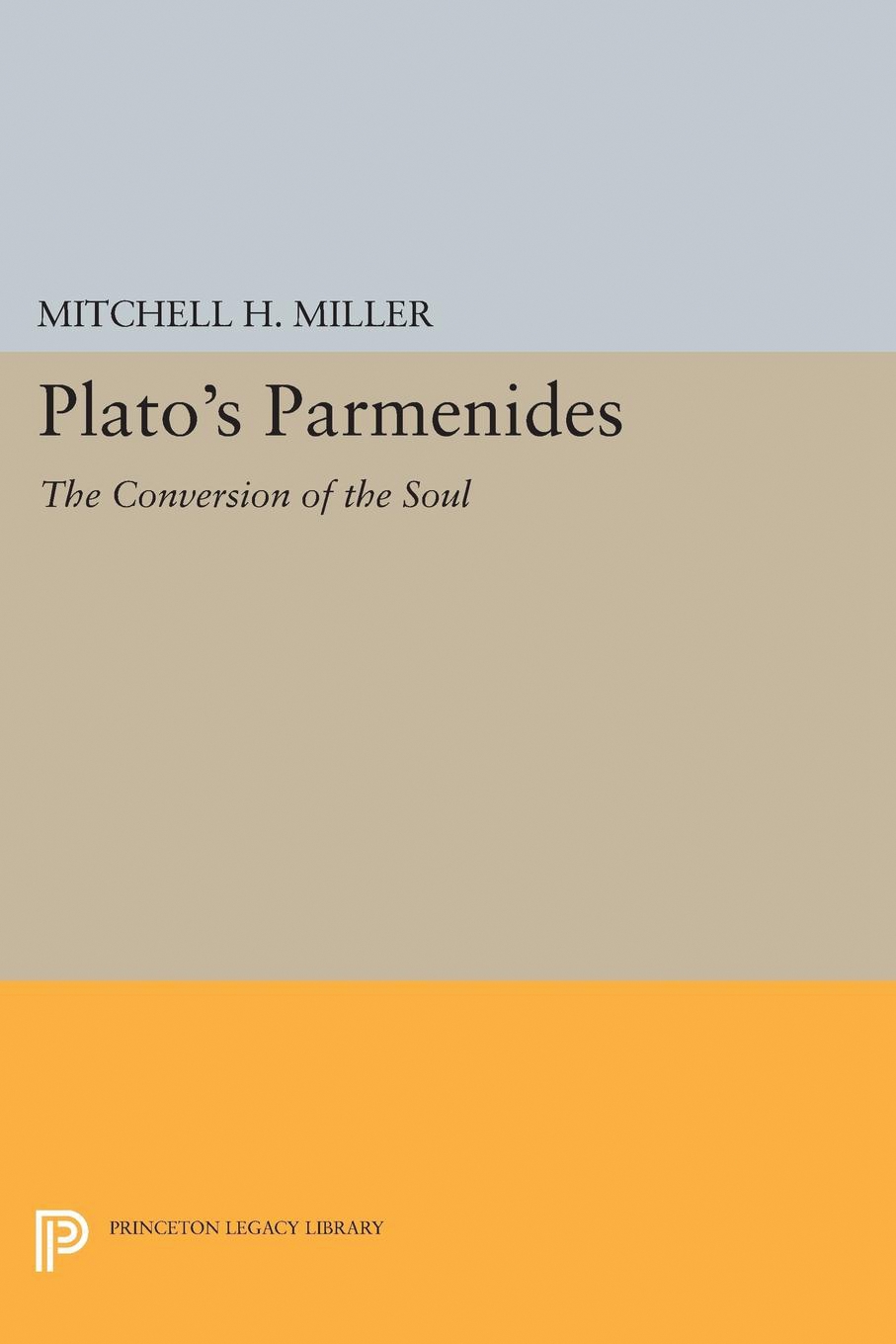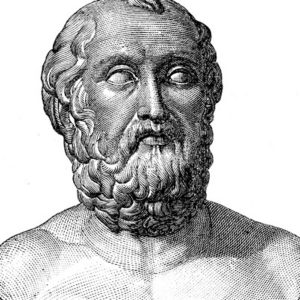

Scolnicov’s thesis is thus diametrically opposed to those who think that the dialogue is intended as a successful critique of Plato’s own theory in the light of arguments adapted from Parmenides."-Denis O’Brien, author of Etudes sur Parménide Empedocles' Cosmic Cycle: A Reconstruction from the Fragments and Secondary Sources Scolnicov also argues that the dialogue is intended as a serious rebuttal of Parmenides’ monist philosophy. In particular, Scolnicov attempts to show that the otherwise bewildering concatenation of arguments and hypotheses answers to a style of argument paralleled in other dialogues.

Held New England Classical Journal"Scolnicov’s aim is to provide a new translation of Plato’s Parmenides, with a commentary designed to show that the arguments of the second half of the dialogue, the purpose of which has long been a matter of scholarly dispute, make sense as an attempt to establish the necessary logical and epistemological conditions for Plato’s own theory of forms and participation. This is an indispensable work for anyone grappling with Plato’s Parmenides.” -Dirk T.d. Reviews “Scolnicov has succeeded in illuminating many difficulties in Parmenides.

This volume will provide a valuable introduction and framework for understanding a dialogue that continues to generate lively discussion today. This translation follows the Greek closely, and the commentary affords the Greekless reader a clear understanding of how Scolnicov’s interpretation emerges from the text. Scolnicov’s analysis is crisp and lucid, offering a persuasive approach to a complicated dialogue. In Scolnicov's analysis, the Parmenides emerges as an extension of ideas from Plato's middle dialogues and as an opening to the later dialogues. In addition to providing a serious rebuttal to Parmenides, Plato here re-formulates his own theory of forms and participation, arguments that are central to the whole of Platonic thought, and provides these concepts with a rigorous logical and philosophical foundation. Scolnicov shows that in the Parmenides Plato addresses the most serious challenge to his own philosophy: the monism of Parmenides and the Eleatics. This work presents an illuminating new translation of the dialogue together with an extensive introduction and running commentary, giving a unified explanation of the Parmenides and integrating it firmly within the context of Plato's metaphysics and methodology. The interpretations have ranged from reading the dialogue as an introduction to the whole of Platonic metaphysics to seeing it as a collection of sophisticated tricks, or even as an elaborate joke.

Scholars of all periods have disagreed about its aims and subject matter. Of all Plato’s dialogues, the Parmenides is notoriously the most difficult to interpret.


 0 kommentar(er)
0 kommentar(er)
